I’ve been suffering lately with a condition called frozen shoulder. Basically, it’s when your shoulder muscles become paralyzed and super tight due to not using your arm properly. Mine started back in December with an injury, and the subsequent non-use of my arm led to the frozen shoulder. Contemplating frozen shoulder wandered into thinking about frozen imagination (because my mind wanders the roads less taken).
We often compare our brains to muscles, saying that if we don’t use it, we lose it. Our imaginative muscle is no different—you don’t use it, it gets all atrophied and useless. As a young writer, I had so many ideas, I couldn’t keep up with all of them. They poured out of my brain like Niagara Falls. Now, not so much.
I think I can trace it back to my daughter’s birth. Once I knew I was pregnant, I pushed the stories I had in progress to get the first draft finished before she was born. Then we had the whole infant-daze period, and then I got into editing and revising those drafts. Today, seven years later, I am still revising most of those stories, and have not embarked on a from-scratch novel. I derived my current work in progress from an idea I had many years ago, so even though the novel’s current form is completely new, the ideas and characters are not.
Truth is, I am not feeling very imaginative when it comes to story ideas. New ideas don’t crop up with the frequency they used to, and I find that my thinking within the stories is not as flexible as when I was younger. Finding fresh ways to approach topics and characters is harder for me. Maybe I am simply getting old and set in my ways—or maybe I have not exercised my imagination for so long that it’s flabby and weak.
My frozen shoulder needs physical therapy to get back to working order. It’s hard, and it hurts like heck as I stretch those muscles again. But that’s the only way to get it back—to push the limits and ask the shoulder to work again. Perhaps my frozen imagination needs some sort of therapy as well. I need to ask it to work again, and push past the comfort zones.
Maybe then my frozen imagination will thaw and my brain will feel more nimble.
So how about it, fellow writers? Any good tips for exercising my imagination muscle?
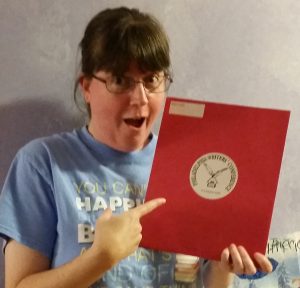


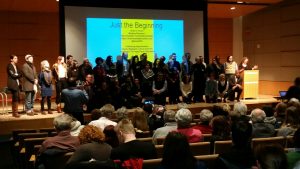
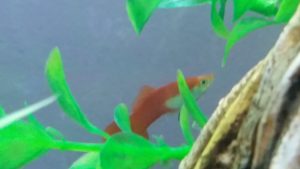
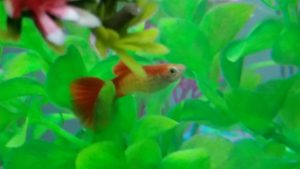
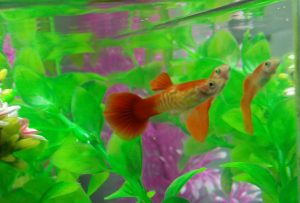
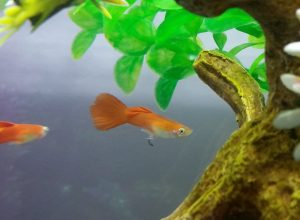
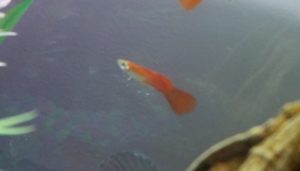
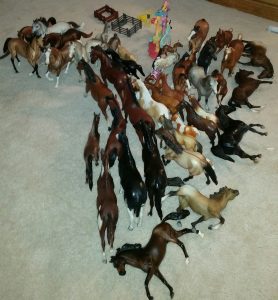
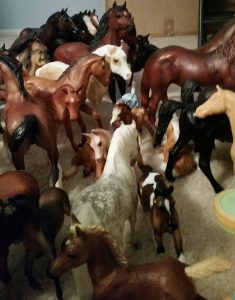

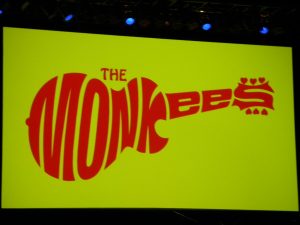
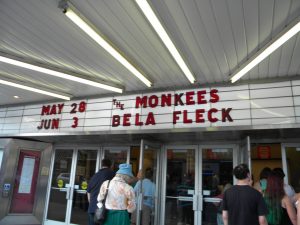
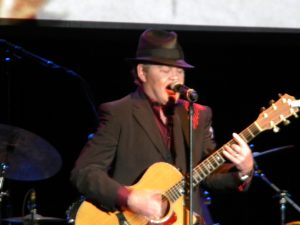
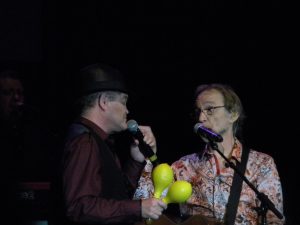

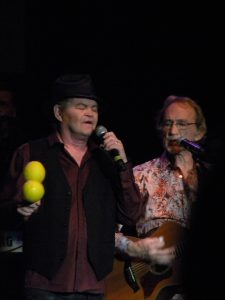

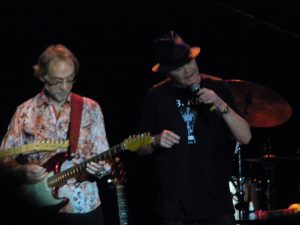






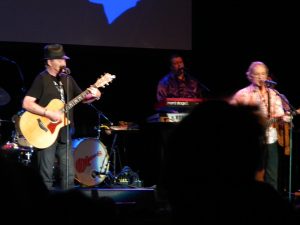

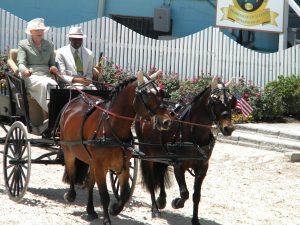
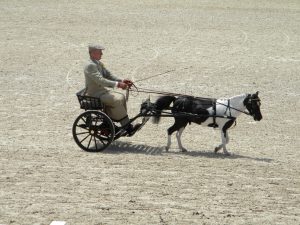
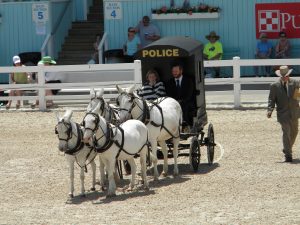
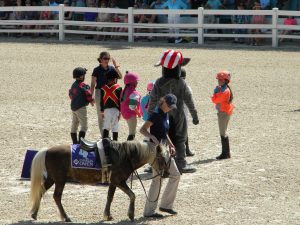
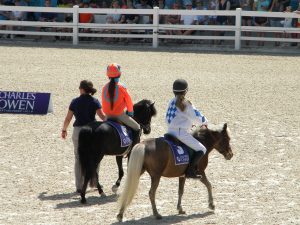
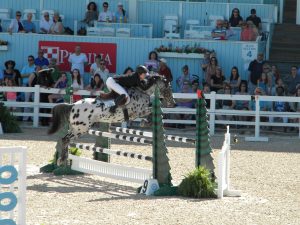
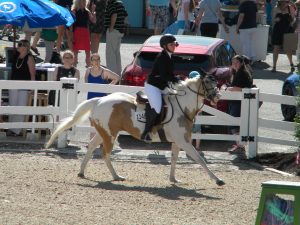
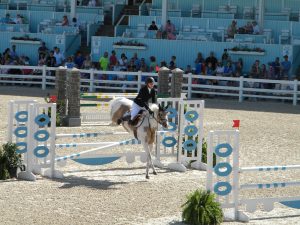
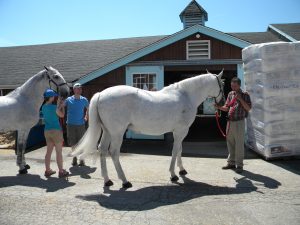
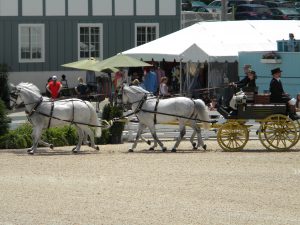
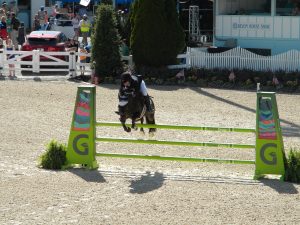
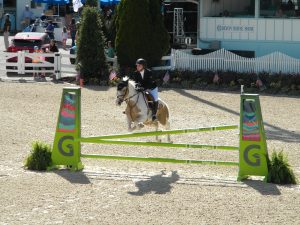
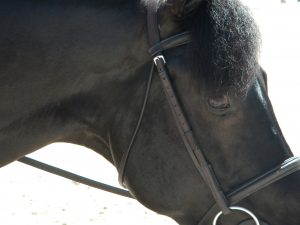
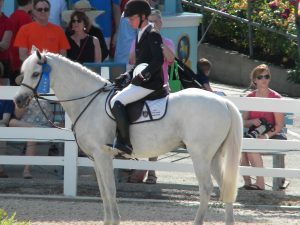
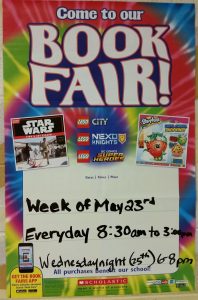
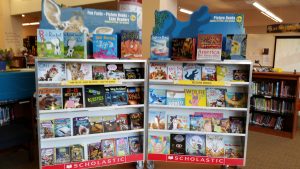
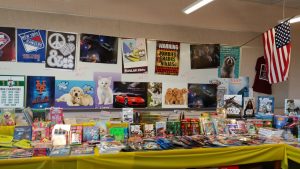
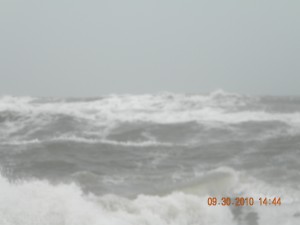
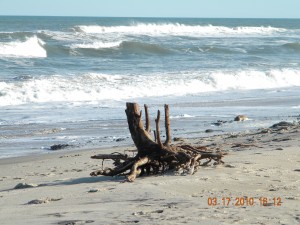

Research, Balance, and Fish
We’ve had a total of 5 fish, but are down to 3. We lost one (quite literally lost him) the first night, while the second leaped from the tank about a week later and never recovered. How they got out of the tank through a skinny opening in the dead of night we don’t know. But we have fixed this issue with a new cover. A little research may have saved their lives, but who knows?
RIP Seashell 1
RIP Sparkleshine
What more research WOULD have prepared us for is the difficulty of maintaining the proper chemical balance in our tank. We let the water sit and percolate for a week before adding the first 2 fish. Turns out we should have let it “cycle” for at least a month, maybe more, before adding the fish. Now we are trying to control the ammonia and nitrite cycle while fish are in the tank, which is very stressful, because a spike in either ammonia or nitrite can kill the fish in a mass extinction event (we very nearly had one a week ago).
So here we are with fish and struggling to keep them alive through this natural aquarium cycling process, when a little more research would have saved us the headache. And the same can happen when writing. A little research in the beginning can keep your manuscript from going off the rails.
Seashell 2
Some people do extensive research before writing. Some research as they go along. I am in the middle. I do broad-stroke research before I write, and fill in the details as I need them. But by doing basic research first, I know the broad restrictions I need to work within. This saves me from writing the whole book, then finding out I had a fundamental flaw which now requires me to rewrite an entire plotline. So a little research can save a lot of angst later on.
The other thing about the aquarium is that the ammonia and nitrite need to be kept at 0 ppm, or you end up with stressed and perhaps dead fish. Bacteria are supposed to eat the ammonia and the nitrite, keeping the whole thing in balance. But little things can throw the cycle off and suddenly your water is testing in the danger zone.
Gem
The writing life is like that, too—a delicate balance. Writers juggle writing and daily life, often including family and a day job. It’s not easy to keep the water balanced right. One little thing can send one part of your life spiraling into the danger zone. All we can do is keep testing the water and try to head off any problems we see. One way to do that in an aquarium is partial water changes. We can do that in life, too. If one issue is causing undue stress, can we change it up, change it out? Sometimes a small change can make a huge difference.
Research will save you headaches. Balance will save you heartaches. And fish…well, fish are cool when they’re not jumping out of the tank in the dead of night.
When do you research your manuscript? How do you maintain a healthy balance in your life?
Flower
Save
Save
Save
Save